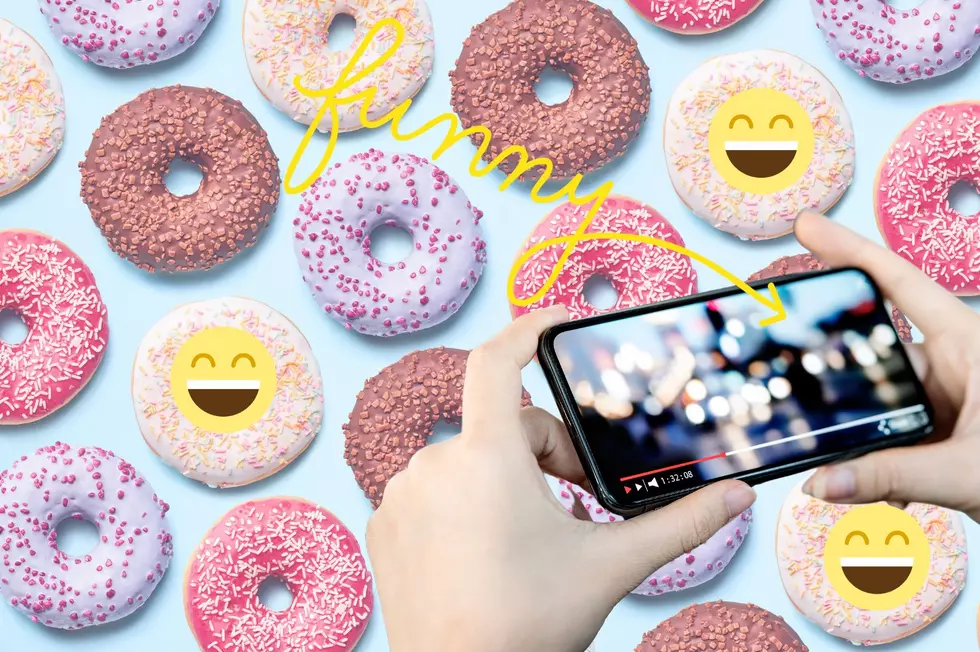
Upstate New York Family Wins $20K From ‘America’s Funniest Home Videos’
One Upstate New York family has an extra $20,000 in their bank account thanks to a silly video shared with “America’s Funniest Home Videos.”

Originally based on a Japanese variety show, America's Funniest Home Videos, also called AFV, gave Americans a glimpse into each other’s silly life events well before social media made it possible for us to document our every move in real time.
Debuting as a weekly series in 1990, America’s Funniest Home Videos has been making people laugh for over 30 years and one Upstate New York family’s video brought in a whole lot of laughter and a massive prize.
The Feulner family of West Glenville, a suburb just outside of Albany, captured their little one in a sticky situation in a video dubbed “little donut denier.”
In the video, Tracy Feulner asks her son Spencer, “You didn’t eat any donuts? Are you sure? Can you tell me then what happened right here to this box?” as she pointed to a box of donuts where one donut had a chunk taken out of it.
Little Spencer replied that it absolutely wasn’t him, “Somebody broke in, it wasn’t me.” In an attempt to be even more convincing of his innocence, Spencer, whose face was covered in chocolate donut stated, “Then a monster attacked me, and he gave me a donut.”
The video by the Feulner family made it to the top three finalists before the family learned that they were the winners of the cash prize of an astounding $20,000!
When the family was asked what they will do with the money, they said that they’re considering using it to go to Disney World.
If you've got a hilarious video that you think it worth a $20,000 prize, here's how you can upload it!
